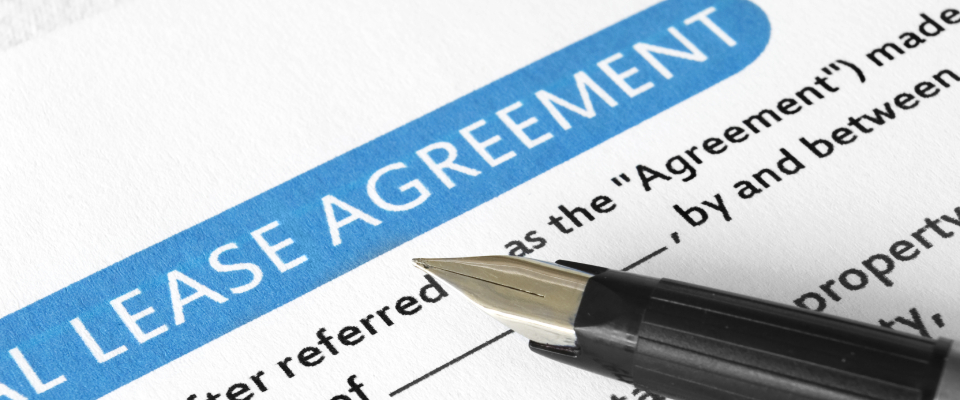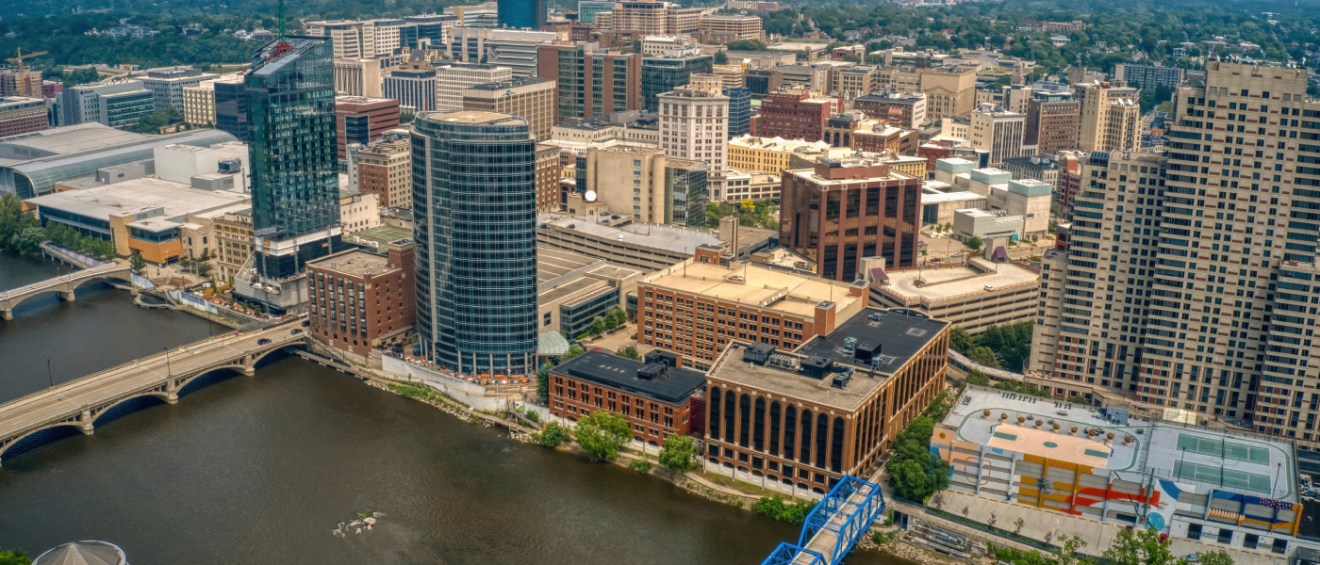Share this article:
A rent grace period is the short window of time that renters may have after their rent due date to make a payment on their rental apartment without being charged a late fee. This extra time, often a few days, can provide a crucial buffer for renters dealing with paycheck timing, bank delays or unexpected events. For landlords, it can help reduce unnecessary conflicts with renters while still ensuring rent is collected promptly.
Understanding how a grace period for rent works is important because not every lease or state handles it the same way. Knowing your rights and responsibilities can help you avoid late fees; disputes; or even more serious consequences, like eviction.
How rent grace periods work
Most grace periods for rent last three to five days, meaning if rent is due on the first of the month, you may have until the third, fourth or fifth to pay without penalty. Still, rent is technically late the day after it’s due — the grace period only delays when late fees or other penalties apply. Some states require landlords to offer a grace period, but, in many places, it depends entirely on what’s in your lease.
It’s also important to understand how your landlord defines “paid.” Some count the date you initiate an online payment, while others go by when the check is received or when funds clear. These details matter, especially if you’re paying near the end of your rent grace period.

Legal basis & state differences
Whether a rent grace period is required often depends on state or local laws. For instance, some states require landlords to give renters a set number of days before charging late fees, and others leave it entirely up to the lease agreement.
Here are a few examples that renters should know:
- Massachusetts: Landlords must wait at least 30 days before charging a late fee.
- Washington, D.C.: Landlords must wait a minimum of five days before charging a late fee. Late fees are also capped at 5% of the monthly rent.
- Florida: There’s no statutory grace period — rent is considered late the day after it’s due.
So, it’s essential to check both your state law and your lease. Even where laws apply, the lease should clearly spell out when rent is due, how long the grace period is and what late fees will follow.
Why landlords offer grace periods
While some states mandate them, many landlords voluntarily offer a grace period for rent. There are several reasons:
- Bank delays: Electronic payments and checks may take a day or two to clear.
- Payroll timing: Renters whose paychecks arrive on the first or second of the month may need a short buffer.
- Holidays or weekends: If the rent due date falls on a bank holiday, grace periods help avoid payment disruptions.
- Good faith: Providing a few extra days builds goodwill between landlord and renter.
What’s more, offering a grace period can help landlords maintain positive long-term relationships with renters. It shows flexibility while still holding renters accountable.

Consequences for missing the grace period
If you don’t pay rent by the end of the grace period, late fees usually apply. These may be a flat amount, like $50, or a percentage of monthly rent, such as 5%. Many states set limits on how much landlords can charge, so it’s important to understand your local rules.
Repeated late payments can also cause bigger issues, including damage to your rental history or even eviction if it becomes a pattern. Grace periods offer some flexibility, but they shouldn’t be a routine solution. Paying on time is always the best way to avoid fees and unnecessary stress.
Practical tips for renters
To make sure you handle your rent grace period wisely, consider these tips:
- Read your lease carefully: Check if a grace period is included, how long it lasts and how payments are applied.
- Clarify payment timing: Ask whether rent is counted as paid when initiated, received or cleared.
- Plan ahead: Set reminders a few days before your rent is due so you’re not depending solely on the grace period.
- Communicate with your landlord: If you expect a delay, let them know early. Many landlords may be willing to work with renters who are upfront.
- Know your rights: Research your state’s landlord-renter laws to understand what protections you have.
Additionally, if you’re facing financial hardship, it’s better to discuss possible payment plans with your landlord, instead of relying on grace periods each month.

A rent grace period gives renters a short window after the due date to pay without penalty. In some states, this is a legal right, whereas, in others, it’s a courtesy from landlords to cover paycheck timing, bank delays or holidays.
The best approach is to treat the grace period as a backup, not a routine. Paying on time avoids fees, protects rental history and keeps landlord relationships positive.
Share this article:
Florin Petrut is a real estate writer and research analyst with RentCafe, using his experience as a social media specialist and love for storytelling to create insightful reports and studies on the rental market. With a strong interest in the renter experience, he develops data-driven resources that explore cost of living, affordable neighborhoods, and housing trends, helping renters make informed decisions about where and how they live. Florin holds a B.A. in Journalism and an M.A. in Digital Media and Game Studies.
The Ready Renter has your back
Tips, news, and research curated for renters, straight to your inbox.




Related posts
Subscribe to
The Ready Renter newsletter







